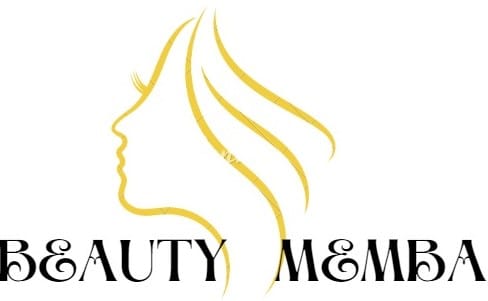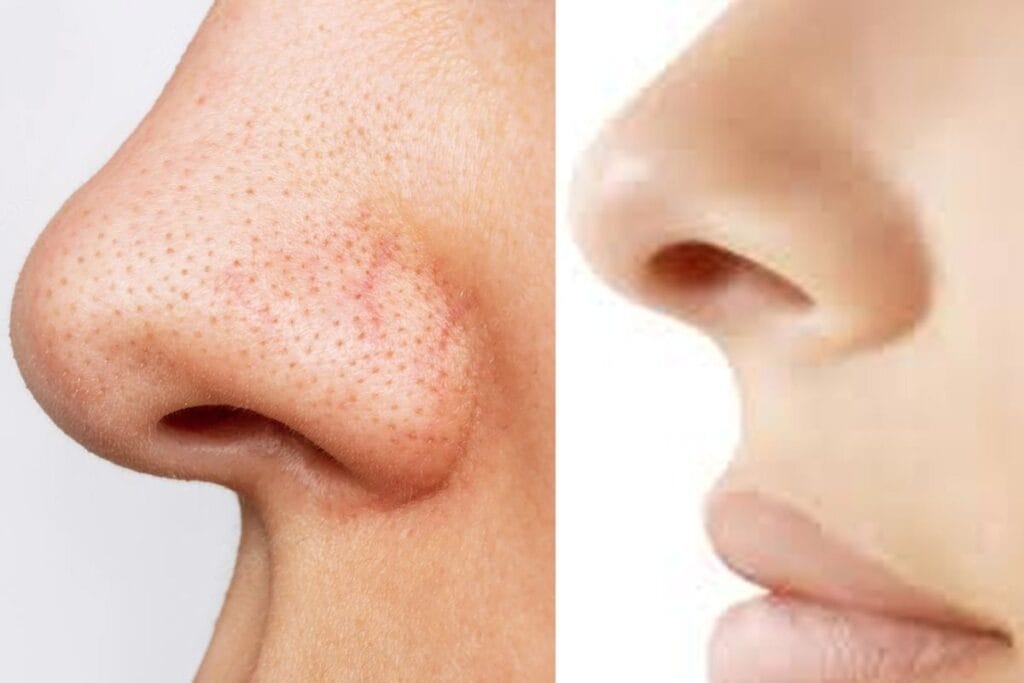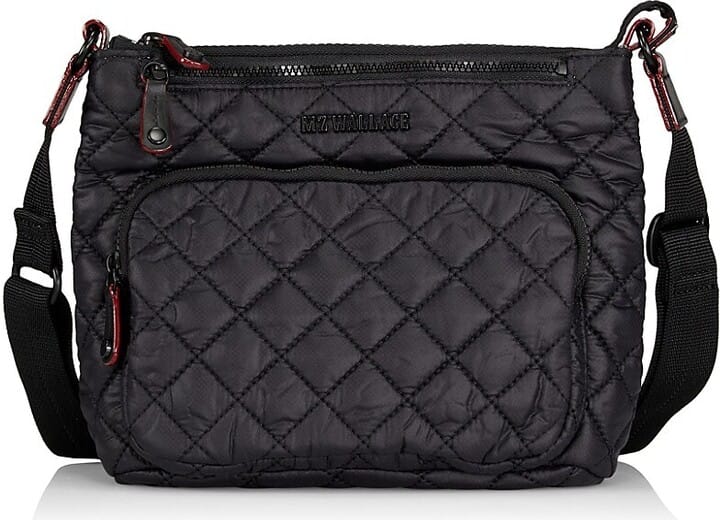Blackheads are those pesky little spots that seem to appear out of nowhere and are stubbornly resistant to most treatments. If you’ve been struggling with them, you’re not alone. Understanding what blackheads are and why they form is the first step to getting rid of them for good.
Understanding Blackheads
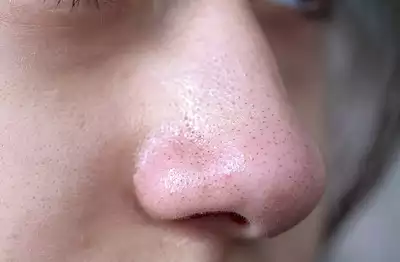
Blackheads are a type of acne known as open comedones. They occur when hair follicles become clogged with oil, dead skin cells, and other debris. The difference between blackheads and whiteheads is that the pore remains open, allowing the trapped material to oxidize and turn black.
Why Blackheads Form
Blackheads can form for several reasons: excess oil production, buildup of dead skin cells, hormonal changes, and even certain skincare products. Knowing the cause can help in choosing the right treatment method.
The importance of addressing blackheads
While blackheads are generally not as inflamed as other forms of acne, they can still be a nuisance. If left untreated, they can lead to more serious skin issues and become a source of discomfort and self-consciousness.
Home Remedies for Blackheads
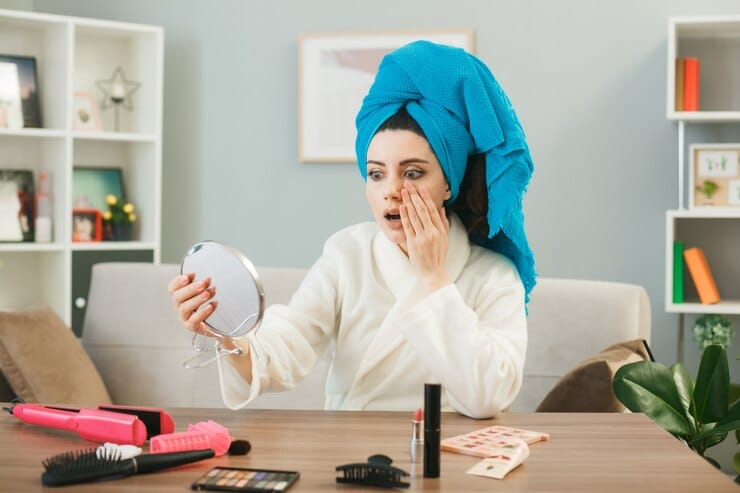
When it comes to treating blackheads, many effective solutions can be found right in your kitchen or local store. Let’s dive into some popular home remedies to remove blackheads.
Natural Exfoliants
Baking Soda
Baking soda is a gentle exfoliant that helps remove dead skin cells and unclog pores. Mix a tablespoon of baking soda with a few drops of water to create a paste. Gently massage it onto your face in circular motions, then rinse off with warm water.
Sugar Scrubs
Sugar scrubs are another excellent natural exfoliant. Combine sugar with a bit of honey or coconut oil to create a scrub. Apply it to your skin and gently rub it in, focusing on areas with blackheads. This will help slough off dead skin cells and clear out pores.
Cleansing Masks
Clay Masks
Clay masks, especially those containing bentonite or kaolin, are fantastic for drawing out impurities and absorbing excess oil. Apply a clay mask to your face once or twice a week, let it sit for 10-15 minutes, and then rinse off with warm water.
Activated charcoal masks
Activated charcoal is known for its powerful detoxifying properties. It binds to dirt and oil, pulling them out of your pores. Use an activated charcoal mask weekly to help keep your skin clear.
Topical Treatments
Tea Tree Oil
Tea tree oil is a natural antiseptic and anti-inflammatory agent. Apply a few drops of tea tree oil to a cotton swab and dab it onto the affected areas. Its antimicrobial properties help reduce the appearance of blackheads.
Witch Hazel
Witch hazel is a natural astringent that helps tighten pores and remove excess oil. Use it as a toner by applying it to a cotton pad and swiping it over your face after cleansing.
Pore Strips and Tools
DIY Pore Strips
Pore strips can be made at home using gelatin and milk. Mix a tablespoon of gelatin with a tablespoon of milk, microwave for about 10 seconds, and apply it to your nose. Once it dries, peel it off to remove the blackheads.
Blackhead Extractors
Blackhead extractors are metal tools designed to press out blackheads without damaging the skin. Use these tools carefully, and sterilize them before and after each use to prevent infection.
Lifestyle changes to prevent blackheads
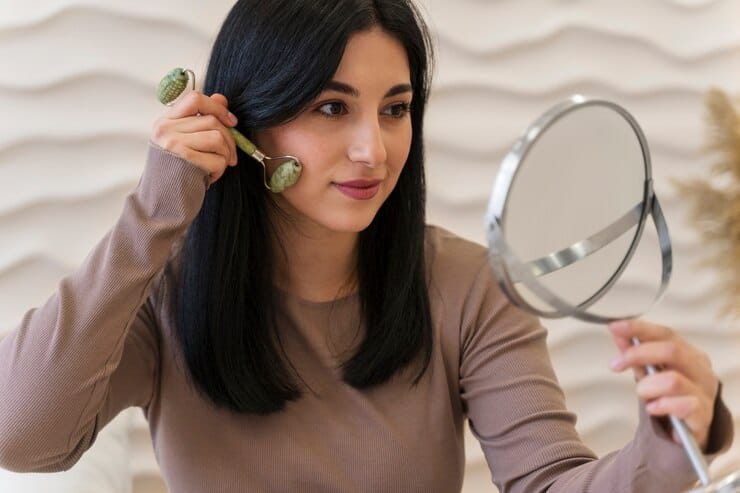
Making a few simple changes to your daily routine can go a long way toward preventing blackheads.
Proper Skincare Routine
Adopting a consistent skincare routine that includes cleansing, exfoliating, and moisturizing can help keep your pores clean and clear. Use non-comedogenic products to avoid clogging pores.
Diet and Hydration
What you eat affects your skin. A diet rich in fruits, vegetables, and lean proteins can improve your skin’s health. Staying hydrated helps flush out toxins and keeps your skin looking fresh.
Avoiding Heavy Makeup
Heavy makeup can clog your pores, leading to blackheads. Opt for lighter, non-comedogenic makeup, and make sure to thoroughly remove it at the end of the day.
Regularly Changing Pillowcases
Pillowcases can accumulate oil, dirt, and bacteria, which can transfer to your skin while you sleep. Change your pillowcases at least once a week to keep them clean.
Professional Treatments for Blackheads

Sometimes, home remedies aren’t enough, and professional treatments are required to tackle stubborn blackheads.
Chemical Peels
Types of Chemical Peels
Chemical peels use acids to remove the top layer of skin, promoting cell turnover and unclogging pores. Common types include glycolic acid, salicylic acid, and lactic acid peels.
What to expect
During a chemical peel, a solution is applied to your face and left on for a specific amount of time. You might feel a tingling sensation. Afterward, your skin will peel over several days, revealing fresher skin underneath.
Microdermabrasion
Procedure Overview
Microdermabrasion is a non-invasive procedure that uses tiny crystals to exfoliate your skin. It removes dead skin cells and unclogs pores, making it an effective treatment for blackheads.
Benefits and Risks
Microdermabrasion can improve skin texture and tone. However, it might cause temporary redness and sensitivity. It’s essential to follow aftercare instructions to avoid complications.
Laser Therapy
How Laser Therapy Works
Laser therapy uses focused light beams to penetrate the skin and target the oil glands. This helps reduce oil production and shrink pores, preventing blackheads.
Effectiveness for Blackheads
Laser therapy can be highly effective for stubborn blackheads, but it often requires multiple sessions. It’s best to consult with a dermatologist to see if this treatment is suitable for you.
When to see a dermatologist
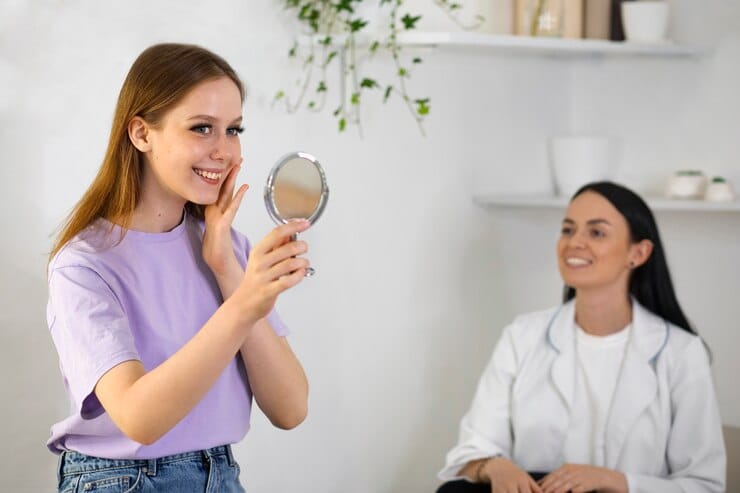
Persistent Blackheads
If you have blackheads that don’t respond to home remedies or over-the-counter treatments, it might be time to see a dermatologist. They can provide stronger treatments and personalized advice.
Signs of infection
If blackheads become inflamed, painful, or start to show signs of infection, seek medical attention. A dermatologist can prescribe medications to clear up the infection and prevent further issues.
Professional advice and guidance
Dermatologists can offer guidance on the best skincare routines and treatments tailored to your skin type and concerns. Regular check-ups can help keep your skin in its best condition.
Conclusion
Getting rid of blackheads involves a combination of home remedies, lifestyle changes, and professional treatments. By understanding the causes and utilizing the appropriate methods, you can achieve clearer, healthier skin. Remember, consistency is key, and sometimes seeking professional help is the best course of action.
FAQs
Are blackheads caused by poor hygiene?
No, blackheads are not necessarily a sign of poor hygiene. They are caused by clogged pores due to excess oil, dead skin cells, and bacteria.
Can blackheads go away on their own?
Sometimes blackheads can go away on their own, but they often require treatment to fully clear up.
How often should I use a blackhead extractor?
It’s best to use a blackhead extractor no more than once a week to avoid skin damage and irritation.
Is it safe to use chemical peels at home?
While mild chemical peels can be used at home, it’s safer to have stronger peels done by a professional to avoid skin damage.
What are the best products to prevent blackheads?
Non-comedogenic cleansers, exfoliants, and moisturizers are ideal for preventing blackheads. Look for products containing salicylic acid or benzoyl peroxide.
